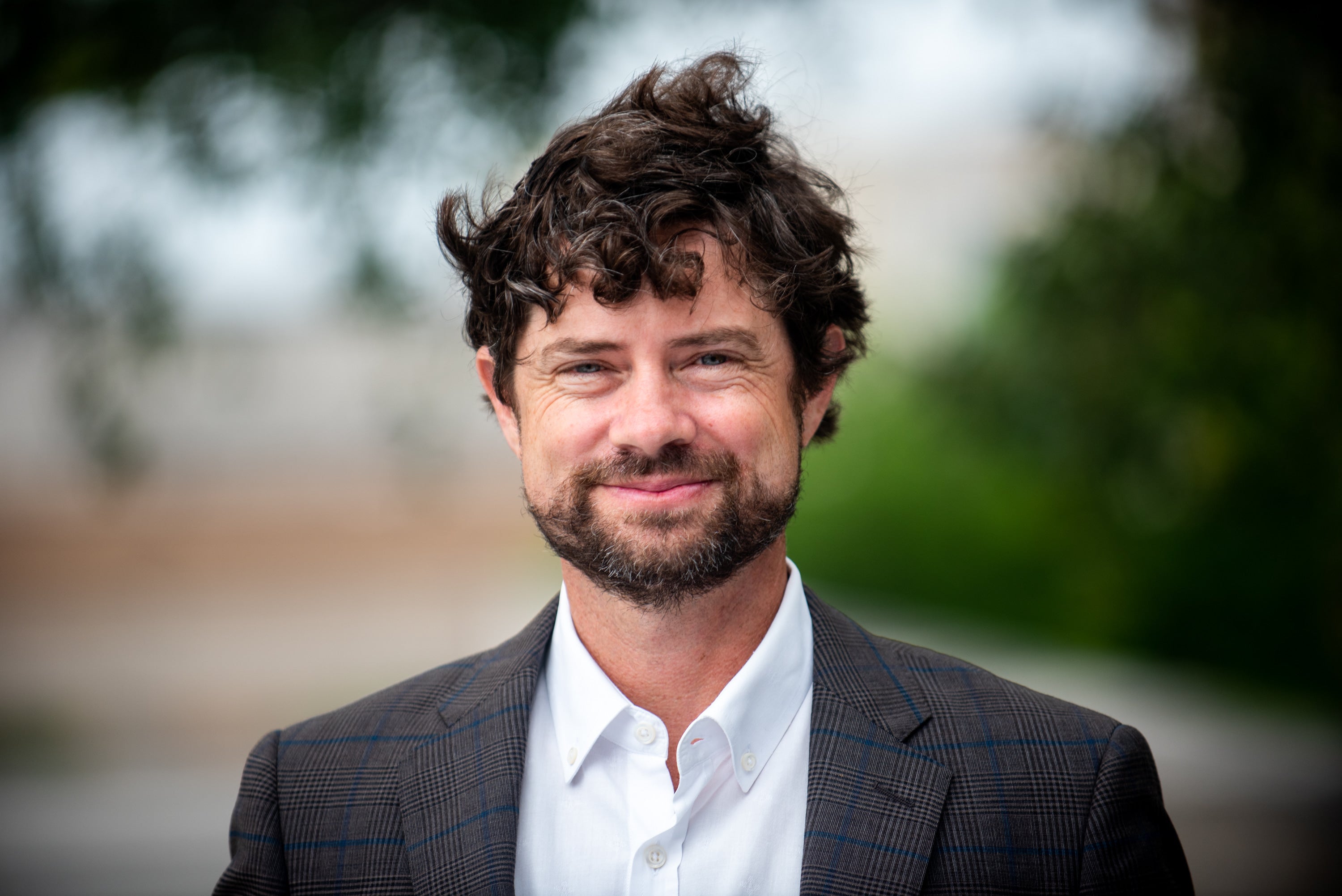Recent estimates suggest that over two billion people live without access to safe drinking water and more than four billion experience water stress at least one month a year. Many around the world grapple with issues such as limited and seasonally variable availability, unequal allocation and access to safe drinking water, poor fit between governance institutions and water resources, pollution, unsustainable water use practices, and changing precipitation patterns. Sub-Sahara African countries and other water scarce and arid areas of the world are juxtaposed by three challenges: poor water quality of the water that is accessible (e.g., surface and groundwater), a lack of centralised infrastructure for water purification and distribution, and the proliferation of high carbon impact water treatment strategies for those that who can afford them.
One technological innovation – a solar water farm – seeks to address all three challenges through a solar energy driven decentralized desalination and purification system. Currently, there are 18 solar water farms deployed in Kenya and a dozen more currently in the pipeline. Based fieldwork conducted in July 2024, this presentation shares the results of a quasi-experimental cross-case impact evaluation that suggests improved water access, affordability, and health. These findings are considered in the context of the alignment between the devolution of water resource governance and decentralised technologies such as solar water farms and the implications for water security in the Anthropocene.
After the lecture, there will be a Q&A for students interested in a 5-year fully funded PhD position offered by the LBJ School of Public Affairs (University of Texas at Austin). This candidate will join an interdisciplinary research program examining how decentralised water technologies can improve livelihoods and mitigate service discontent in Sub-Saharan Africa. This position will support research focused on how decentralised water systems influence local resource sovereignty, governance, and stability. For more information about the PhD position, read here and join the Q&A session.
For further questions, please contact the Water Security & Justice Cluster Coordinators Marthe Wens and Jampel Dell'Angelo.
